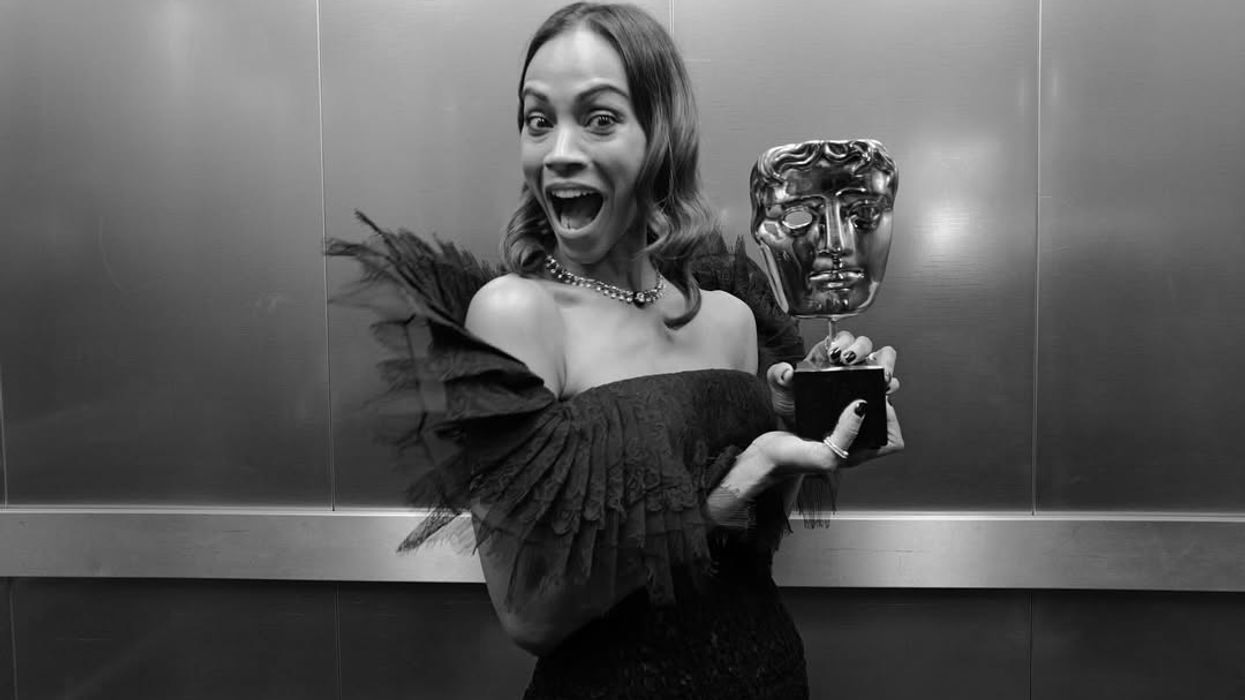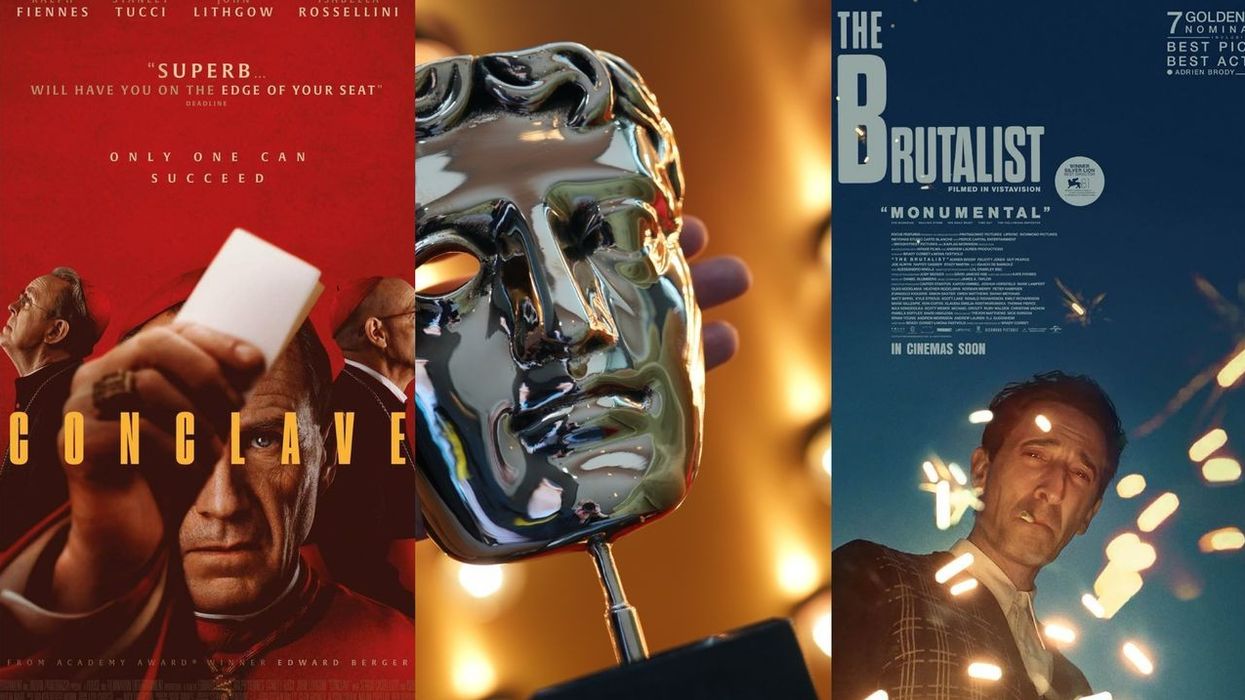The 2025 BAFTA Film Awards, held at London’s Royal Festival Hall, celebrated a unique array of cinematic achievements, with Conclave and The Brutalist emerging as the night’s biggest winners. Each film took home four awards, solidifying their place as frontrunners in this year’s awards season. Hosted by the ever-charismatic David Tennant, the ceremony featured expected triumphs as well as surprising upsets, making for an all the more unpredictable and thrilling night.
Edward Berger’s gripping political thriller Conclave, which explores the high-stakes election of a new pope, secured the top honour, winning Best Film. It also won Outstanding British Film, Best Adapted Screenplay, and Best Editing, reaffirming its narrative and technical finesse. Starring Ralph Fiennes, the film had led with 12 nominations, making its impressive haul even more significant.
Berger, visibly moved, dedicated the win to the power of storytelling during times of democratic uncertainty. Quoting Leonard Cohen, he said, “There’s a crack in everything, that’s how the light gets in.”
Matching Conclave in wins was The Brutalist, Brady Corbet’s sweeping tale of a Hungarian architect rebuilding his life in post-World War II America. Corbet was awarded Best Director, while Adrien Brody’s poignant portrayal of the protagonist earned him Best Actor. In his speech, Brody reflected on the film’s exploration of perseverance and legacy.
The film also won Best Original Score and Best Cinematography, affirming its artistic as well as emotional depth.
In one of the evening’s most unexpected victories, Mikey Madison won Best Actress for her role in Anora, a dark comedy about a stripper entangled with a Russian oligarch’s son. Madison, previously recognised for her work in Better Things and Once Upon a Time in Hollywood, dedicated her award to the sex worker community, advocating for dignity and respect.
Her win over strong contenders like Demi Moore (The Substance) and Marianne Jean-Baptiste (Hard Truths) added an element of unpredictability to the night.
Despite facing backlash over controversial social media posts from its star Karla Sofía Gascón, the French musical crime drama Emilia Pérez won Best International Film. Zoe Saldaña also earned Best Supporting Actress for her role as a lawyer aiding a drug lord’s gender transition. Director Jacques Audiard used his acceptance speech to stand by Gascón, focusing on themes of inclusivity and artistic integrity.

Kieran Culkin won Best Supporting Actor for A Real Pain, a dramedy about two cousins exploring their Jewish heritage in Poland. The film also secured Best Original Screenplay, solidifying Jesse Eisenberg’s reputation as a multifaceted filmmaker. Meanwhile, Dune: Part Two claimed awards for Best Special Effects and Best Sound, while Wallace and Gromit: Vengeance Most Fowl took home Best Animation and Best Children’s Film.
The night also included heartfelt tributes to industry icons lost over the past year, including Dame Maggie Smith and Donald Sutherland. Warwick Davis received the prestigious BAFTA Fellowship, recognising his decades-long contributions to film and television. Davis dedicated the honour to his late wife, Samantha, in an emotional moment.
With Conclave and The Brutalist dominating the BAFTAs, the stage is set for a highly competitive Oscar race. The mix of expected victories and surprising wins once again highlights the richness and culture of global cinema, leaving audiences eagerly anticipating how the Oscars will unfold.





